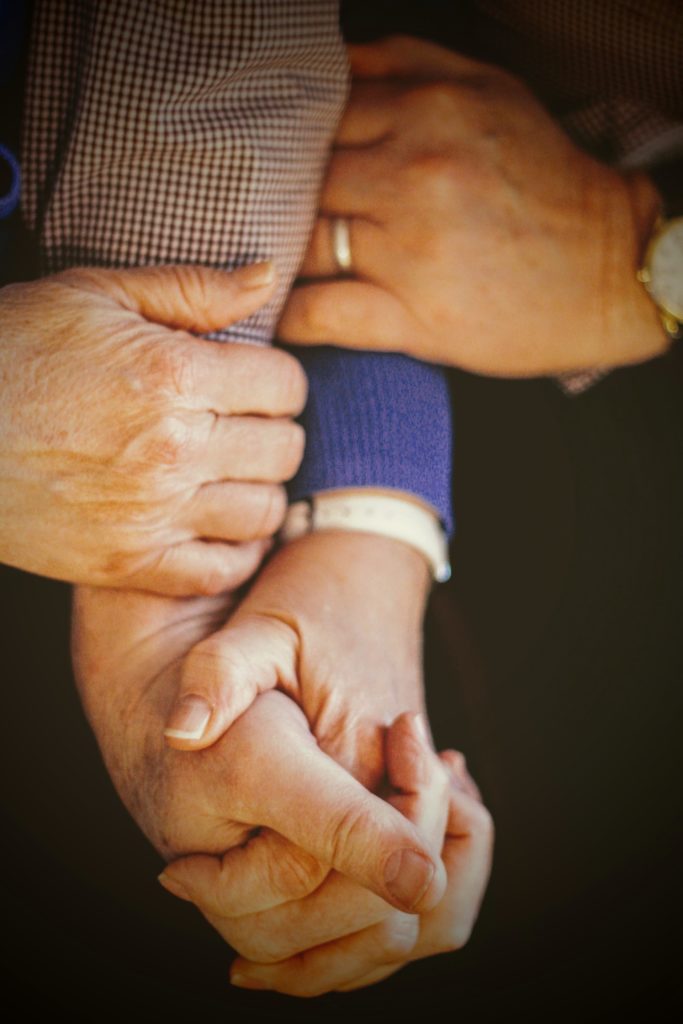Every year, the demand for overseas workers increase. Likewise, the response to these demands, especially among Filipinos, increase. Before the pandemic, the overseas Filipino worker (OFW) deployment rate was on an upward trend. The deployment has halted mostly, but those who are already out of the country may grapple with a very real challenge – caring for the high-risk aging parents – from abroad.
This is where long-distance caregiving comes into the picture. Defined as caregiving while living an hour or more away from the person who needs help, long-distance caregiving is a relatively new-term used by professionals in the caregiving field. That said, whether you are caring for an aging relative or parents, and you live abroad, you are definitely a long-distance caregiver.

Tips in long-distance caregiving for aging parents
While situations may differ depending on individual situations, here are some starter tips to help you get on track with your long-distance caregiving, especially towards your aging parents.
-
Understand what you can and cannot do.
Many OFWs who act as long-distance caregivers feel bad about being afar. The feeling of not being able to do enough or spend enough time with an aging parent is surely disturbing for anybody. However, it would be best to quell these thoughts, and focus instead on doing the best you can. It might not be the best option, but it certainly is no reason to feel guilty.
-
Clarify your role.
There are many forms of long-distance caregiving. These are all summarized in various roles, but it is best for any OFW into long-distance caregiving to clarify which roles they are taking. This way, the other family members will also know when to reach out and acknowledge your authority on certain things. Some roles that you can take include:
-
-
- Finance: Help with finances, money management, or bill paying
- Decision-making: Deciding whether to arrange for in-home care and hire professionals – be it caregivers, medical equipment, or nursing facilities.
- Emotional support: Provide emotional support and occasional respite care for a primary caregiver – the person who takes on the daily caregiving tasks.
- Information coordinator: Keep everyone updated on health problems or medicines, information and medical history, a task necessary when navigating through additional needs and insurance benefits and claims
- Paperwork management: In-charge of evaluating the house and the aging parents’ needs, planning and working on the paperwork.
-
Over time, their needs would change, and so will your role as long-distance caregiver.
-
Know what you need to know.
Whichever role you take on, it is important to learn as much as you can about your aging parents. That said, it includes information regarding medical history and medicines, medical care received, social services, financial issues, and so on. This information will be very useful, especially if you wish to expect the course of an illness, prevent crises, and assist in healthcare management. It can also make coordinating with the other caregivers and doctors easier.
-
Appoint a family manager.
Regardless of how complex your family dynamics may be, there is always that one individual whom everyone turns to in times of stress. Ideally, it is a person with a practical streak and is living near your aging parents. They know everything there is to know, and is the best person to reach out to for updates, should their independence and health deteriorate.
-
Get in touch, and stay in touch.

Older people are generally unfamiliar with the Internet and mobile phones, so constant communication takes more effort. Either you take the time and patiently teach them about the wonders of modern technology, or you go the old way and schedule weekly phone conversations, snail mail cards, letters, photos and drawings, or holiday postcards — all show that you care enough to be inconvenienced for even a bit.
There are other ways to carry out long-distance caregiving and ensure that your mind stays at peace knowing that your aging parents are cared for, but these are all excellent starting points. If you have any suggestions you wish to add, please share it with us.